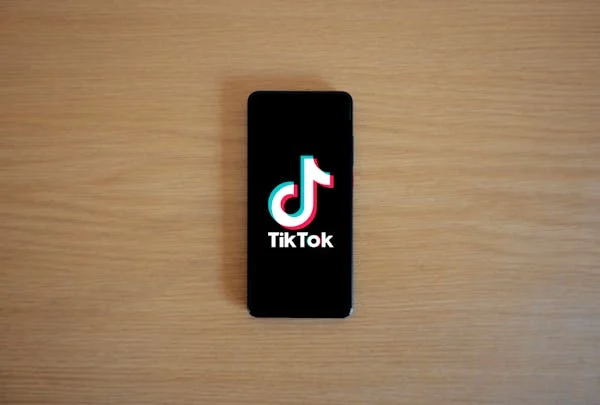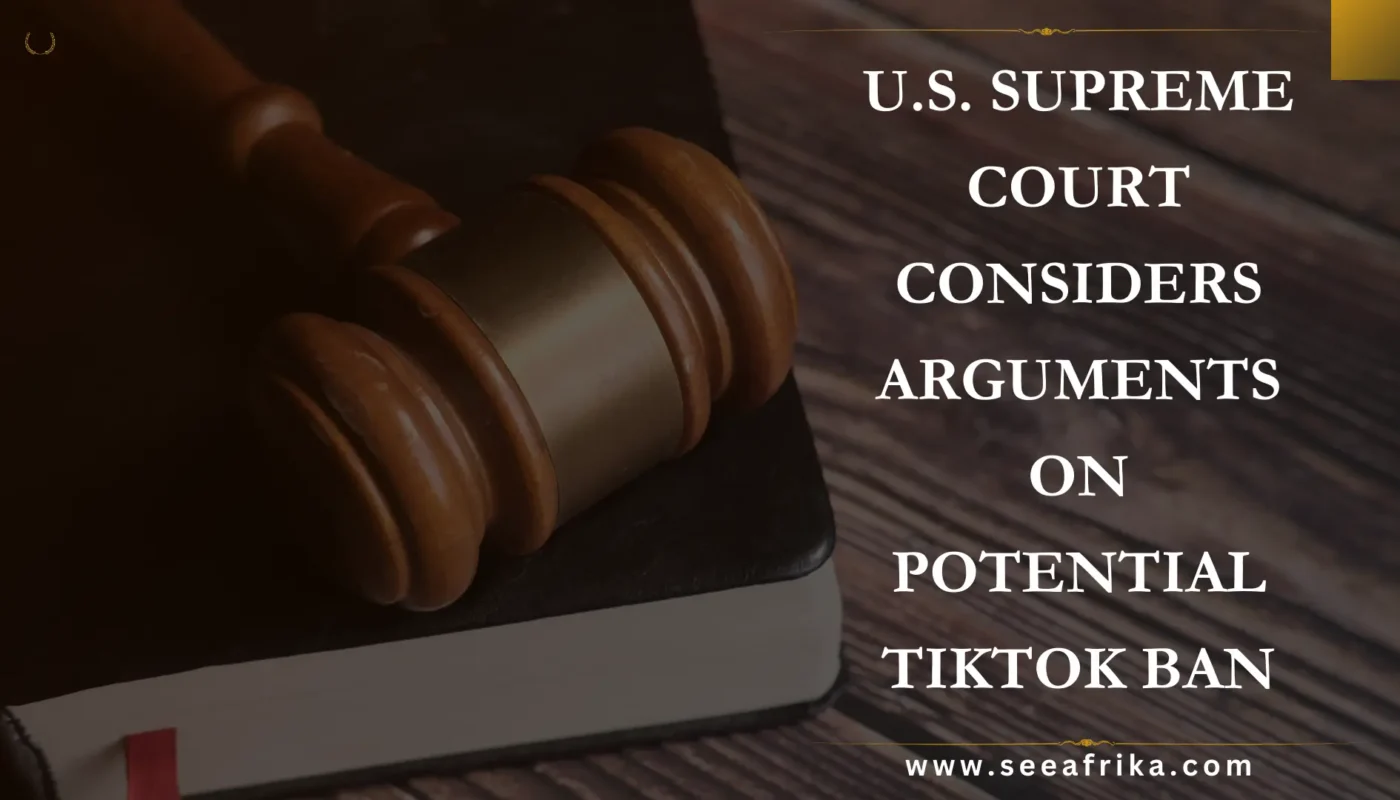The U.S. Supreme Court recently heard arguments regarding a potential TikTok ban in the United States. This case centers on a law that could force TikTok to cease operations unless its Chinese parent company, ByteDance, sells the app. The justices are weighing national security concerns against free speech protections.
The platform TikTok is used by around 170 million Americans, or nearly half of the population. Citing the danger of the Chinese government using TikTok to spy on Americans and conduct secret influence operations, Congress passed the bill last year with resounding bipartisan backing.

Background of the Debate
The debate over the ban stems from bipartisan legislation aimed at addressing fears of Chinese government influence over TikTok’s operations. Critics argue that the app could be used for espionage or content manipulation, while opponents cite First Amendment concerns, arguing that a ban undermines free speech.
National Security Concerns Driving the TikTok Ban
National security concerns are at the forefront of the TikTok ban discussion. The U.S. government has expressed worries about TikTok’s data collection capabilities and the potential for this information to be exploited by the Chinese government.
Justices like Brett Kavanaugh have highlighted long-term risks, including the possibility of using data to manipulate future generations of Americans.
Also read: The Gambia to Build Blockchain-Powered Gambia One
Legal Arguments
TikTok and its users argue that the proposed ban violates the First Amendment. However, the U.S. Court of Appeals for the District of Columbia Circuit has rejected this argument, concluding that the law does not violate the First Amendment. The Supreme Court’s decision could have significant implications for both digital freedom and national security.
Potential Outcomes of the Tiktok Ban Case
If the Supreme Court upholds the law, TikTok must either sell its U.S. operations or face a nationwide TikTok ban by January 19.
Alternatively, the court could intervene to temporarily halt the ban, allowing TikTok to continue operating while negotiations for a sale proceed. The outcome of this case will be closely watched as it sets a precedent for future tech regulations.
Also read: Class of 2024 Anticipates Matric Results




